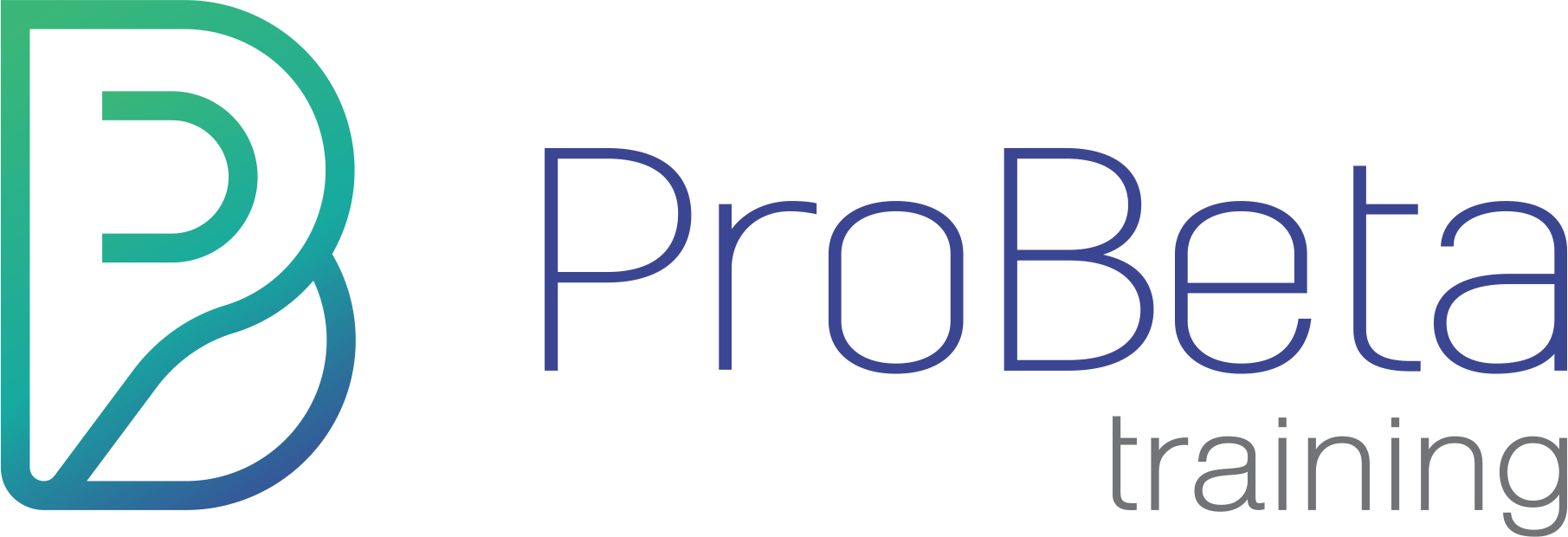Webinar Training Course
Accounting Principles: Beginner
| Price: |
Firm/Group/Company - R1552.50 (VAT Incl.)
Individuals - R517.50 (VAT Incl.) |
| Price (MLU Subscriber): |
Firm/Group/Company - R1164.38 (VAT Incl.)
Individuals - R388.13 (VAT Incl.) |
| Presenter: | Mr Tristan White |
| Date: | 20 Jan '22 |
| Times: | 09h00 - 11h00 |
| Duration: | 2 |
| CPD Hours: | Attending the course and successfully completing the post-assessment, will grant you 2 hour/s verifiable CPD, recognised by the various professional bodies (SAICA, SAIBA, ACCA, IACSA, IRBA & etc). Please note that the CPD certificate will only be issued once the post-assessment has been completed. |
| Platform: | Web Based (Online) |
| Contact Person: |
Tristan White
T: 0118861395 E: gillian@probetatraining.co.za |
| Back Book Now | |
Do you find accounting debits and credits confusing? Or has it been an age since you were exposed to basic accounting principles – perhaps the last time being high school? Is accounting not a strong point of yours, therefore forcing you to be totally reliant on the accounting software package to do all the thinking?
Have you recently taken up or want to take up a role in the accounting / finance department?
ProBeta Training is here for you.
We have designed a course aimed at
• Those with no or very limited accounting knowledge / background,
• Bookkeepers who want to strengthen their understanding of the double entry-system (i.e. debits and credits),
• High school learners who are new to / uncomfortable with the Accounting school subject; and,
• Those who are looking to pursue a career in accounting and want a crash-course on the fundamental underlying principles.
This session contains a mix of theory and practical accounting entries that help to illustrate the principles.
This is a very basic course, not aiming to be on a university accounting degree level.
PLEASE NOTE: This course does not focus on any specific IFRS standards but applies the same principles.
The objective of this course is to:
1. Help you understand where accounting fits in, in the finance process
2. Looking at how accounting transactions work
3. Adding some rationale to the bookkeeping you are already doing
4. Teaching you the theory behind what the accounting software packages are doing
The following elements will be addressed during the session.
• What is accounting?
• Elements of financial statements: assets, liabilities etc.
• Exploring the double entry system
• What are debits and credits?
• Accounting equation
• How do I account / recognise a transactions plus examples involving each element?
• Cash and non-cash transactions to be recognised?
• Recognition and measurement principles
• Accounting cycle?
• Electronic accounting?
• Qualitative characteristics of financial reports?
• VAT (if time permits)
• Income Tax (if time permits)
The following individuals will benefit from attending this course:
• New accountants
• Future accounting students
• Those seeking employment as an accountant / bookkeeper
• High school students who are struggling to make sense of accounting
• Bookkeepers who are interested in the underlying theory
